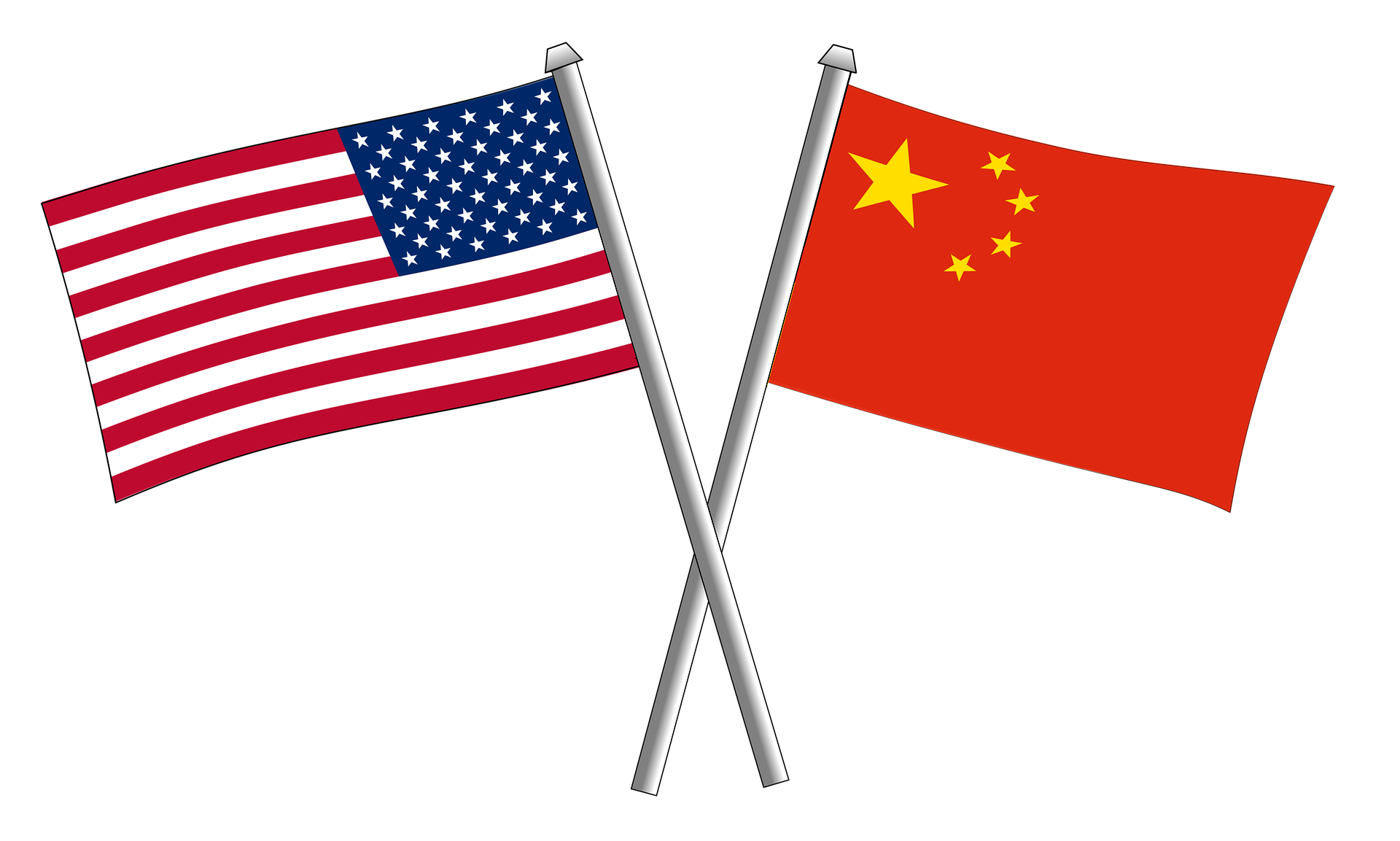
403
Sorry!!
Error! We're sorry, but the page you were looking for doesn't exist.
US, China relations reach boiling point
(MENAFN) Despite the escalating tensions and seemingly irreconcilable differences between the United States and China, which often suggest a potential military clash, there are substantial behind-the-scenes efforts to manage and stabilize relations between the two global powers. While public discourse and media portray the relationship as fraught with hostility and on the brink of conflict, secretive channels of communication have been instrumental in fostering dialogue and reaching agreements on contentious issues.
Both the United States and China are major military powers, each with extensive arsenals, which underscores the gravity of any potential confrontation. Leaders on both sides are acutely aware that direct military engagement would result in catastrophic losses and far-reaching consequences. This awareness has contributed to a more cautious approach, with both nations engaged in a competitive arms race while simultaneously working to deter one another through advanced weaponry. This mutual recognition of the dire consequences of open conflict has led to a greater emphasis on restraint and diplomatic engagement.
In recent years, secret summits and discreet meetings have played a crucial role in maintaining and stabilizing relations between the two countries. These covert discussions have taken place in various international locations and have been pivotal in addressing and de-escalating tensions. A significant incident that tested these diplomatic channels was the appearance of a Chinese surveillance balloon over the United States, which severely strained relations and marked the lowest point in United States-China relations since the establishment of formal ties in 1979.
In response to the balloon incident and the subsequent deterioration of relations, senior officials from both countries have engaged in discreet diplomatic efforts to stabilize the situation. For example, United States National Security Advisor Jake Sullivan undertook a secretive diplomatic mission to Vienna in May 2023, where he met with Wang Yi, a prominent Chinese diplomat and key figure in China's foreign policy. This meeting was a critical step in addressing the strained relationship and working towards mutual understanding.
Furthermore, Jake Sullivan is scheduled to visit Beijing, marking his first official trip to China as United States National Security Advisor. This visit underscores the ongoing commitment of both nations to engage in dialogue and manage their complex relationship despite the public narrative of conflict and rivalry. The behind-the-scenes negotiations and efforts illustrate a nuanced approach to diplomacy, where both countries strive to navigate their differences while seeking common ground and preventing further escalation.
The complex dynamics of United States-China relations reflect a broader pattern of balancing competition with cooperation. The secretive negotiations and high-level meetings are essential components of this balancing act, aiming to stabilize relations and address the myriad issues that arise between the world's two largest economies.
Both the United States and China are major military powers, each with extensive arsenals, which underscores the gravity of any potential confrontation. Leaders on both sides are acutely aware that direct military engagement would result in catastrophic losses and far-reaching consequences. This awareness has contributed to a more cautious approach, with both nations engaged in a competitive arms race while simultaneously working to deter one another through advanced weaponry. This mutual recognition of the dire consequences of open conflict has led to a greater emphasis on restraint and diplomatic engagement.
In recent years, secret summits and discreet meetings have played a crucial role in maintaining and stabilizing relations between the two countries. These covert discussions have taken place in various international locations and have been pivotal in addressing and de-escalating tensions. A significant incident that tested these diplomatic channels was the appearance of a Chinese surveillance balloon over the United States, which severely strained relations and marked the lowest point in United States-China relations since the establishment of formal ties in 1979.
In response to the balloon incident and the subsequent deterioration of relations, senior officials from both countries have engaged in discreet diplomatic efforts to stabilize the situation. For example, United States National Security Advisor Jake Sullivan undertook a secretive diplomatic mission to Vienna in May 2023, where he met with Wang Yi, a prominent Chinese diplomat and key figure in China's foreign policy. This meeting was a critical step in addressing the strained relationship and working towards mutual understanding.
Furthermore, Jake Sullivan is scheduled to visit Beijing, marking his first official trip to China as United States National Security Advisor. This visit underscores the ongoing commitment of both nations to engage in dialogue and manage their complex relationship despite the public narrative of conflict and rivalry. The behind-the-scenes negotiations and efforts illustrate a nuanced approach to diplomacy, where both countries strive to navigate their differences while seeking common ground and preventing further escalation.
The complex dynamics of United States-China relations reflect a broader pattern of balancing competition with cooperation. The secretive negotiations and high-level meetings are essential components of this balancing act, aiming to stabilize relations and address the myriad issues that arise between the world's two largest economies.

Legal Disclaimer:
MENAFN provides the
information “as is” without warranty of any kind. We do not accept
any responsibility or liability for the accuracy, content, images,
videos, licenses, completeness, legality, or reliability of the information
contained in this article. If you have any complaints or copyright
issues related to this article, kindly contact the provider above.


















Comments
No comment